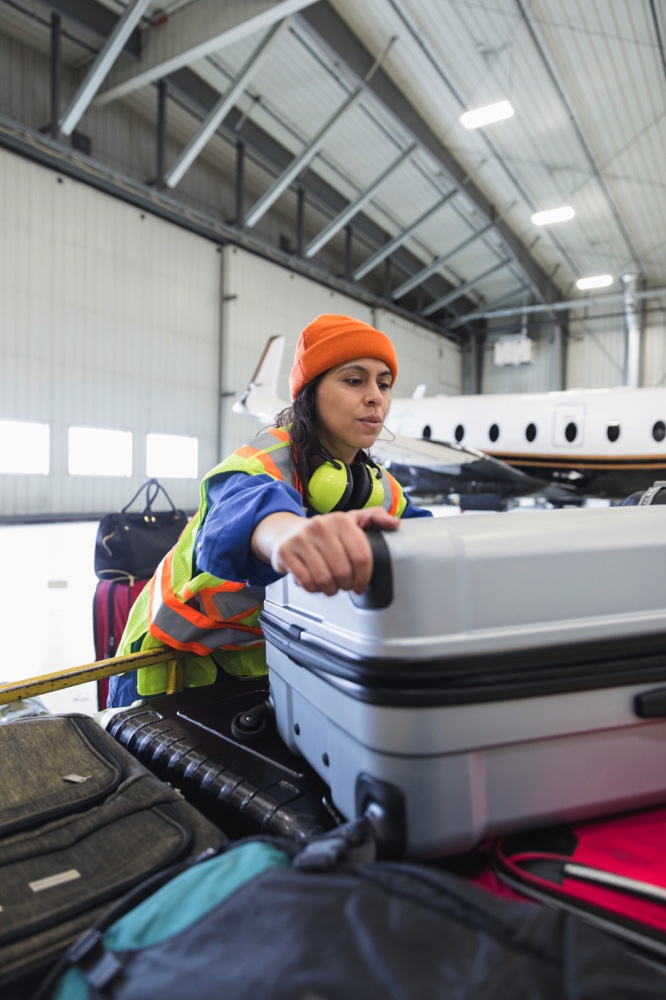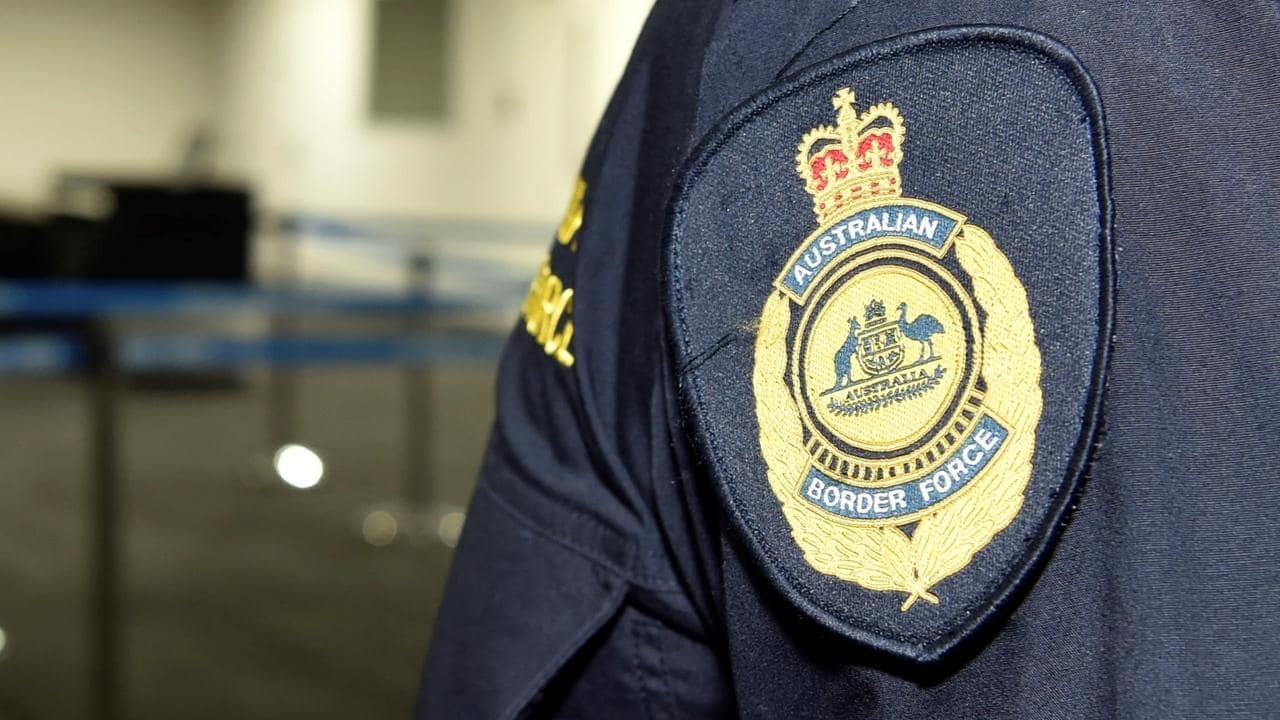6 Things Employers Must Know About Employing International Students
There are a number of important conditions employers must follow when employing workers with a student visa.

In 2023, over 733k student visa holders arrived in Australia. As students from around the globe flock to Australia for their studies, many find themselves in need of a little extra cash to make ends meet while hitting the books. Luckily, Australia’s student visa opens the door for these folks to earn a living while pursuing their dreams.. It’s a win-win: students get the support they need, and employers get a helping hand during times when finding the right talent in enough quantities can feel like searching for a needle in a haystack.
But before diving headfirst into hiring international students, employers need to be aware of the fine print. There are some important rules they’ve got to follow to keep things above board. So, let’s take a peek at eight key things employers should keep in mind before bringing on board someone with a student visa.
1. Australia’s Student Visa rules and regulations must be followed
International students travelling on a student visa have to maintain certain requirements to be permitted to work in Australia. As an employer, you are responsible for ensuring your workers have a legal right to work in Australia. Students must follow these rules and regulations to work under a student visa:
- Be enrolled in and commenced a course of study in Australia.
- Hold Overseas Student Health Cover, or fall in one of the exemption categories.
- Maintain satisfactory attendance and performance in their course, as required by the school.
- Follow current working restrictions if any apply.
2. Student visa holders are restricted to 48 hours of work a fortnight during study periods
From July 1, 2023, students holding visas can work a maximum of 48 hours a fortnight after commencing their course, and while actively studying. However, outside of their study periods, such as during semester breaks or when they have completed their course of study, there are no limitations on their work hours. These guidelines are designed to enable students to prioritise their Australian education and qualifications while still having the opportunity to gain practical work experience and support Australia’s workforce requirements.
Students who cancel enrolment, stop attending classes, or fail to meet progress requirements could be found in breach of their visa conditions. In such a situation, the student may be required to leave the country. An employer who allows students with a cancelled student visa to continue working may be subject to large fines. As an employer, it is your responsibility to maintain up-to-date information about the right to work status of international students and their visa status.
3. Family members of Student Visa holders have work rights
International students may stay in the country for up to five years. For this reason, it’s not uncommon for students to apply for visas that include their families. The spouses and children accompanying the international student under their student visa typically have the same work rights as the student. This includes the allowance of 48 hours per fortnight. However, family members may not exceed 48 hours per fortnight, even when their primary student visa holding family member is on holidays. The only exception is when students are studying a masters by research or doctorate degree. In this case, family members can work unlimited hours.
4. Student visas can be cancelled
Student visas can be cancelled for a variety of reasons. These might include a non-citizen providing incorrect information to enter Australia, engaging in criminal conduct, failure to start studies on time, changing to an ineligible course, not meeting course requirements, or working in breach of visa conditions. Without checking routinely or investing in an automated alert system, employers are unlikely to know when a student visa has been cancelled.
5. Penalties for employing illegal workers are significant
Companies that are found guilty of employing the services of an illegal worker can be fined thousands of dollars for each unlawful employee who is found to be working within the company. It is easy enough to ensure student visas are valid upon hiring new employees. However, it’s also essential to make sure you maintain up-to-date information. Illegal workers include employees whose visa has expired or has been cancelled due to breach of visa conditions.
6. Students can seek additional visa options
It’s common for students to wish to remain in Australia after the completion of government-approved coursework. This can be achieved with the successful application of different visas. Visas that students may apply for after being in Australia for a period of time include:
- Further student visas
- Working holiday visas
- Graduate temporary subclass 485 visas
- Occupational trainee visas
- General skilled migration
- Partner visas
- Employer-sponsored visas
Student visas offer international students the opportunity to study and work in Australia. They also provide employers with additional sources to find much-needed talent. However, if strict regulations aren’t followed, student visas can get cancelled. As an employer, you have a responsibility to ensure all employees retain a legal right to work in Australia. Failing to do so can lead to significant penalties.
This is why it’s essential to check work rights for student visa holders and their dependents. Because students frequently change visas and visas are often cancelled, it is good practice to check visas regularly, as often as once a month. To learn more about Australian student visas, and ways to streamline the long-term requirements of employing foreign workers, see all the features of CheckWorkRights, or book a demo today.


